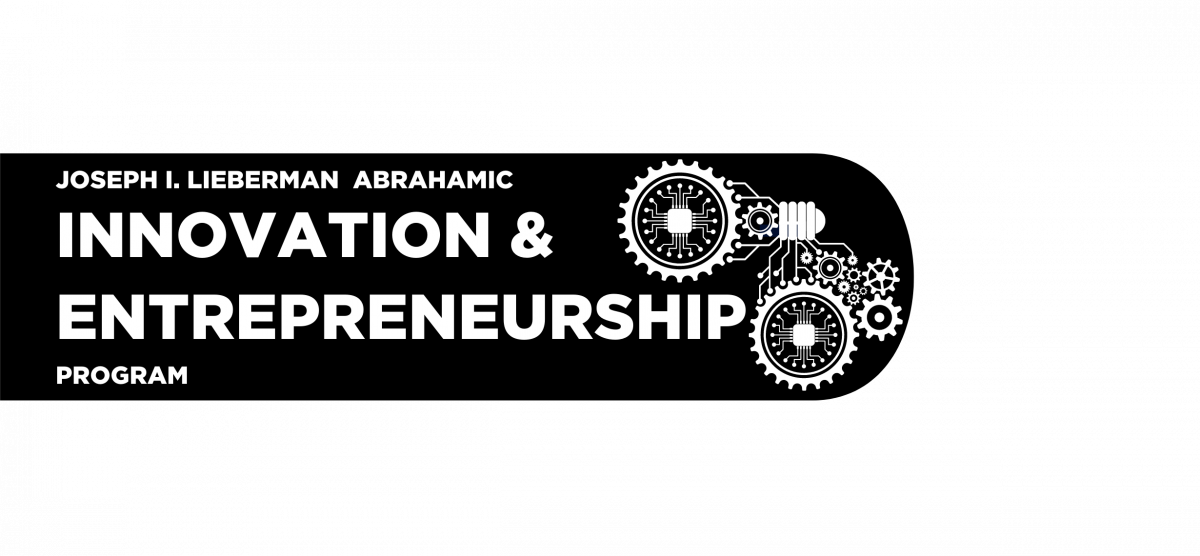
Abrahamic Innovation & Entrepreneurship Program
Judaism, Christianity and Islam all call on their people to use knowledge and reason for constructive purposes. UConn Abrahamic Programs thus focuses on core commonalities that build on the intellectual foundations of Abrahamic thought, its three monotheistic faiths and common epistemology. In 2022 we are launching The Joseph I. Lieberman Abrahamic Innovation & Entrepreneurship Program (The Lieberman Program) in partnership with UConn’s Peter J. Werth Institute for Entrepreneurship and Innovation. The Lieberman Program is a vehicle to engage, convene, and support the innovation and entrepreneurial ecosystem(s) in the MENA region. This program also connects Southwest Connecticut and the NYC metropolitan area with the MENA region.
MISSION & OBJECTIVES
The long-term mission of The Lieberman Abrahamic Program is to help integrate leading entrepreneurial universities in the MENA Region, and build local, national and regional innovation ecosystems. This collaboration will empower universities to make entrepreneurship more accessible as a career path for all members of their community, and increase university capacity to produce innovative research and scholarship that serves as the basis for new enterprises in the region. The program accomplishes this mission by working closely with local stakeholders, through a process of reciprocal learning and adaptive program management. In this way, we hope to improve the infrastructure needed for universities to thrive as active participants with governments, investors and entrepreneurs and the general public.
The recently signed Abraham Accords paved the way for increased regional economic integration. Universities can play an active role in supporting this process. Through stakeholder engagement workshops and facilitating dialogues with impactful entrepreneurs, UConn will work with local partners to identify needs, discover and share best practices, and work collaboratively to address barriers to entrepreneurship through: 1) network building; 2) research; 3) educational programs and exchanges; and 4) community and public policy engagement.
The academy has long been a neutral site where citizens of countries that mistrust one another may come together and collaborate in mutually beneficial ways. Universities have also long been fundamental actors in the production and commercialization of innovations (i.e. Google, Gatorade, Genentech, Moderna). Thus, Universities have the potential to be breakthrough sites of cooperation and economic development for MENA countries in the post-Abraham Accords political and economic landscape. The Lieberman Program builds on this tradition and facilitates the transition of ideas from the academy to the field. By developing a support structure for purpose-driven research, identifying and mapping resources for innovators and entrepreneurs, and by convening conversations between stakeholders across the entrepreneurial ecosystem, the Lieberman Program identifies best practices in entrepreneurial education and provides a vehicle for universities in the MENA region to learn from each other. The Lieberman Program also connects Connecticut to the MENA region.
LIEBERMAN PROGRAM ACTIVITIES
The Lieberman Program will build national, sub-national, and university-based programs while contributing to national and regional economic development. It will link Stamford, Fairfield County, and the New York City metropolitan area at large with innovators in the MENA region.
This first phase of the program began with a virtual workshop in Summer 2022, which identified a path forward for the Program and the benefits of connecting leading entrepreneurial universities in the region.